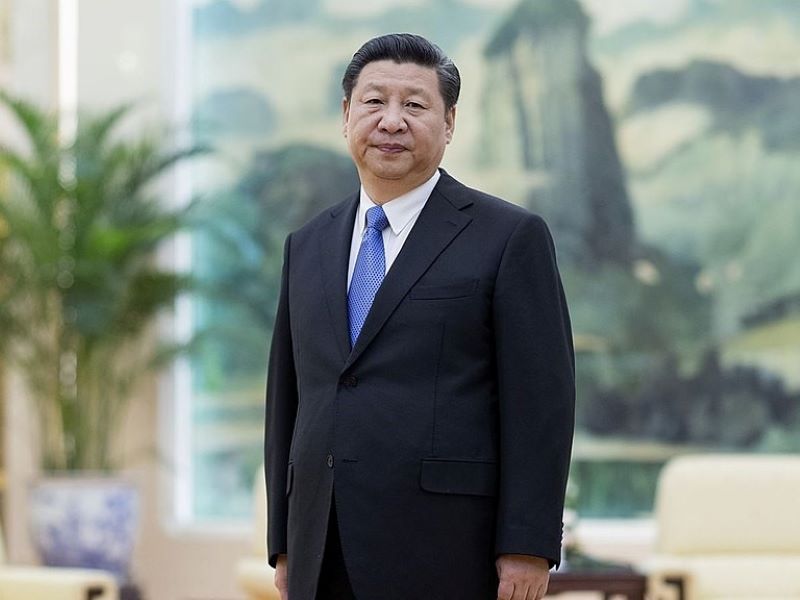There is a high-risk China will gain a “monopoly” in many critical technologies and is already the leading research country in 37 of 44 strategically important fields, according to a new report warning of an “enormous and widening gap” with democratic nations.
The US is the only other nation to lead – ahead in the remaining seven technology areas – while Australia is in the top five for nine technologies but in a third tier of nations overall.
China’s dominance in high impact research areas like artificial intelligence, advanced manufacturing, quantum and robotics portends future technology dominance and should be a “wake up call” to democracies, according to the report from the Australian Strategic Policy Institute (ASPI).

Launched Thursday alongside an online tracker, the report warns China’s dominance has been understated and democracies are at risk of falling behind in “the global race for ascendancy in critical technologies”.
The year-long data study from the government and defence industry-funded thinktank comes as the Australian government seeks to lessen its dependence on Chinese technology supply chains in favour of partners like India, the US, UK and Europe.
The APSI report is based on the citing of recent leading research publications, their authors and institutions, and recommends more investment, global research partnerships and moonshots to curb China’s dominance.
According to the report, there is a high risk China will gain monopolies in Nanoscale materials and manufacturing, coatings, advanced radiofrequency communications like 5G and 6G, hydrogen, supercapacitors and batteries, synthetic biology, and photonic sensors.
This risk level is based on China having at least eight of the top ten global research institutions in the respective areas and at least a 3x research lead.
China is also the clear impact research leader quantum sensors, post-quantum cryptography, advanced aircraft engines (including hypersonics), advanced robotics and machine learning.
The US is ahead in only seven areas such as high performance computing, quantum computing and vaccines, according to the ASPI analysis.
“China is further ahead in more areas than has been realised. It’s the leading country in 37 of the 44 technologies evaluated, often producing more than five times as much high-impact research as its closest competitor,” the report said.
China has poured $626 billion into science and technology over the last decade and has a national goal of becoming one of the world’s most innovative nations by 2035.
President Xi Jinping touted the innovation push in a landmark address last year as the US sought to decouple China from cutting-edge technologies through sweeping new export controls.
Australia has also placed increased scrutiny on researchers’ partnerships with Chinese institutions and individuals, even rejecting otherwise approved public funding on the basis of foreign interference and national security fears.
The Albanese government is reviewing a list of Critical Technologies in the National Interest, seeking to take more of a “middle path” between economic opportunity and national security risks after the former government’s focus on the latter.
The APSI report said its findings should be a “wake up call” for democratic nations and an urgent response is needed.
It recommends greater research and development investment, more effort on attracting research talent, and increased commercialisation.
“Likeminded partners and allies” should also leverage existing groupings like the Quad, AUKUS and European Union to encourage collaboration, focused data collection and analysis.
Governments should also make big bets on critical technology with sovereign wealth funds, including backing high-risk, high-reward “moonshots”. Technology legislation such as the US CHIPS and Science Act should also be considered.
“Urgent Policy changes, increased investment and global collaboration are required from many countries to close the enormous and widening gap,” the report said.
“The costs of catching up will be significant, but the costs of inaction could be far greater.”
Do you know more? Contact James Riley via Email.

